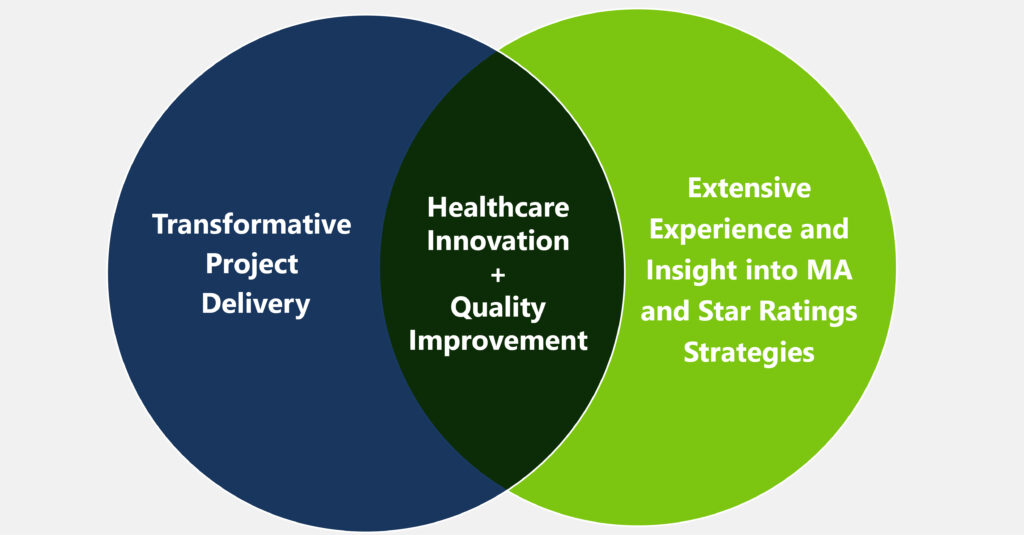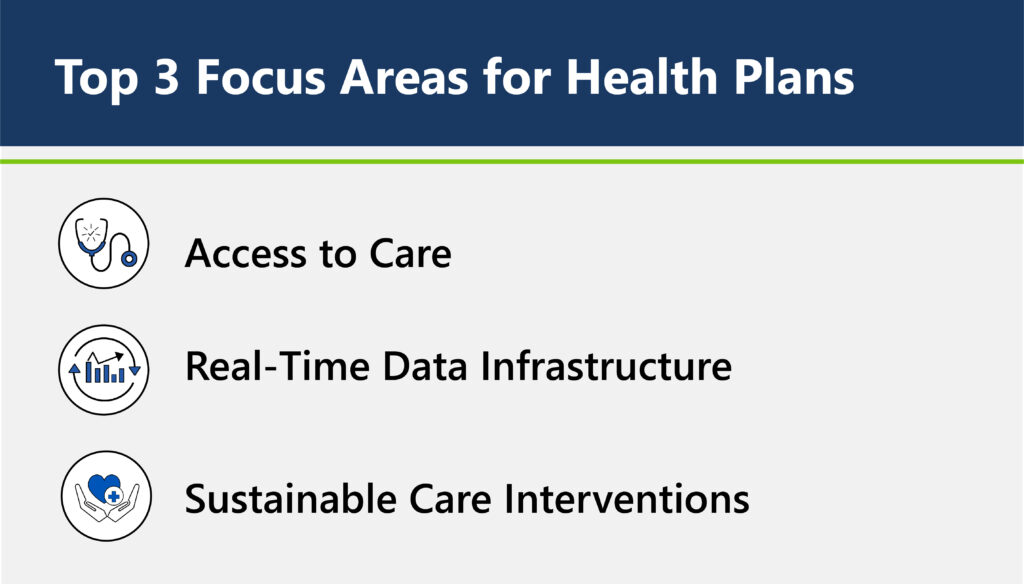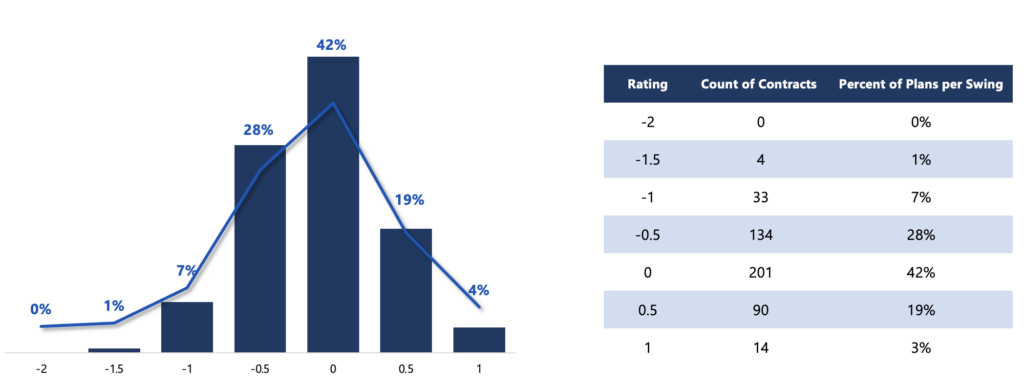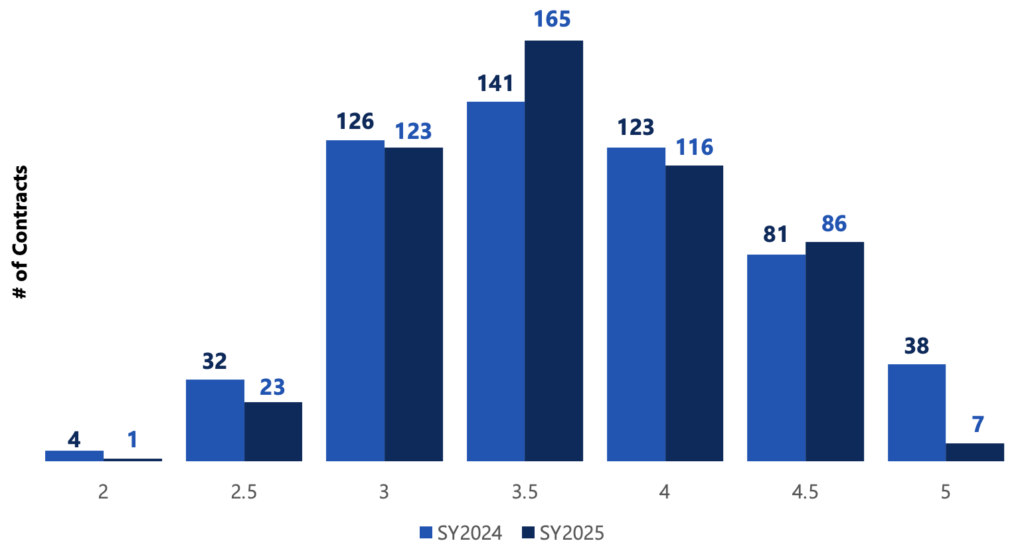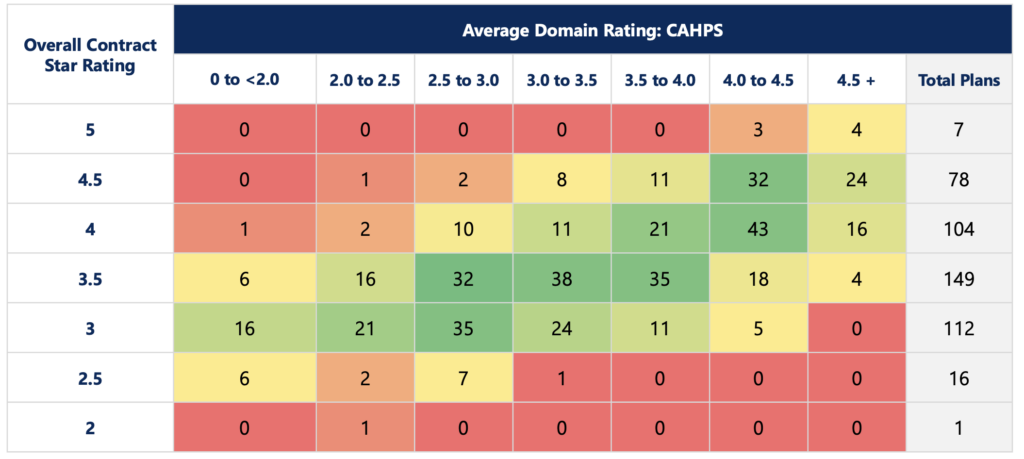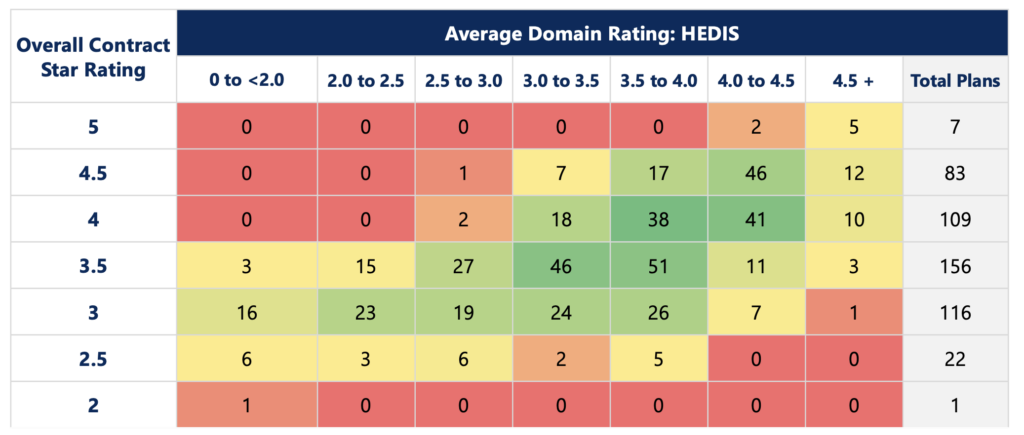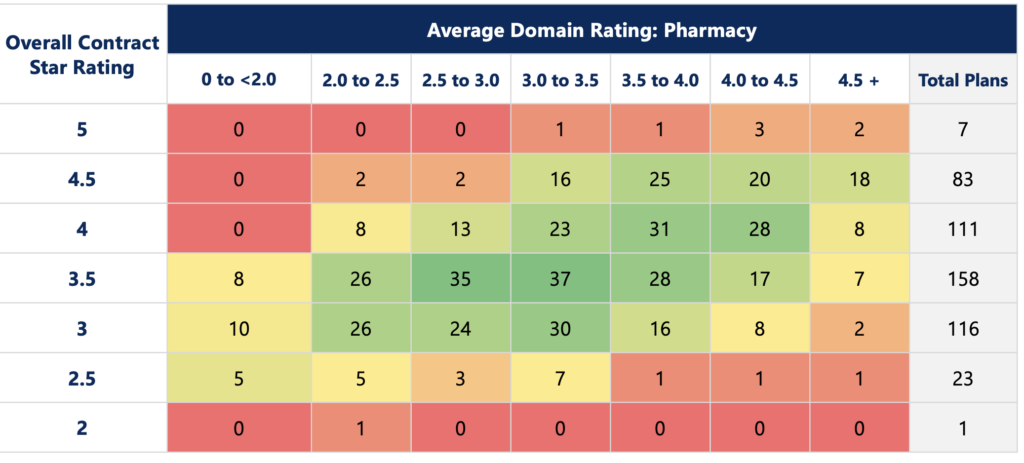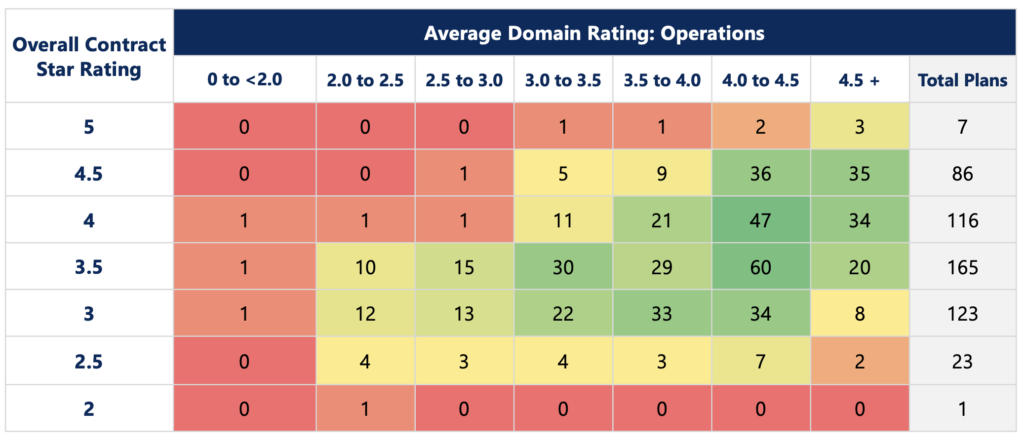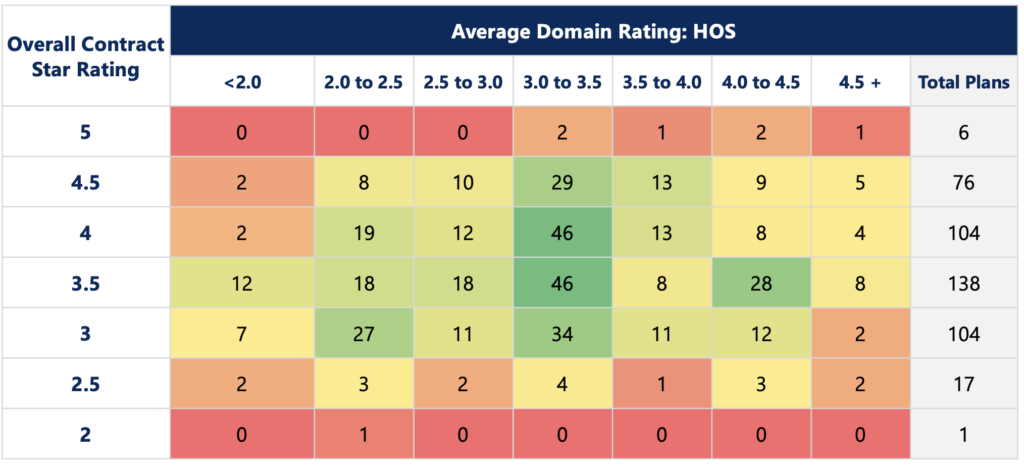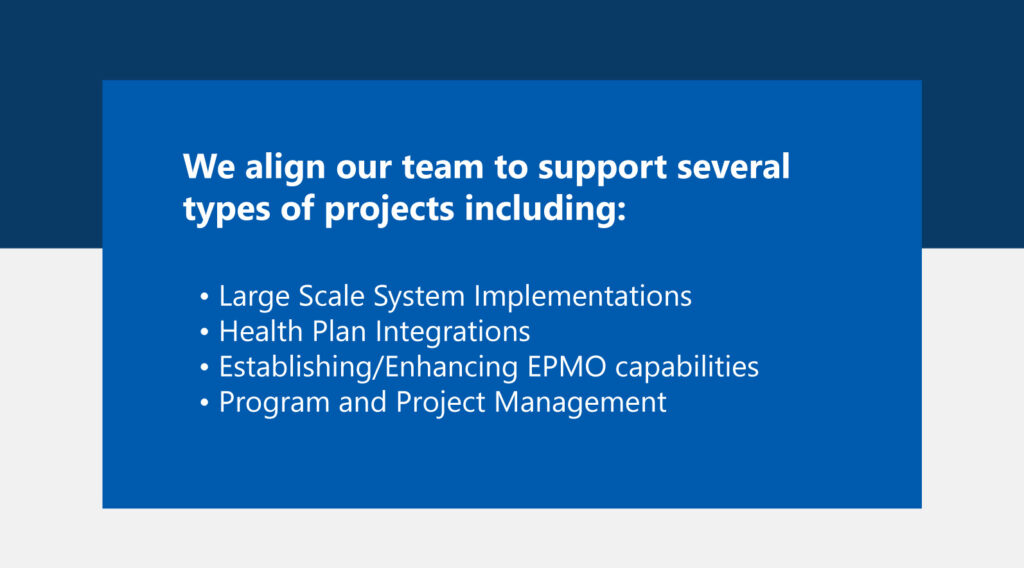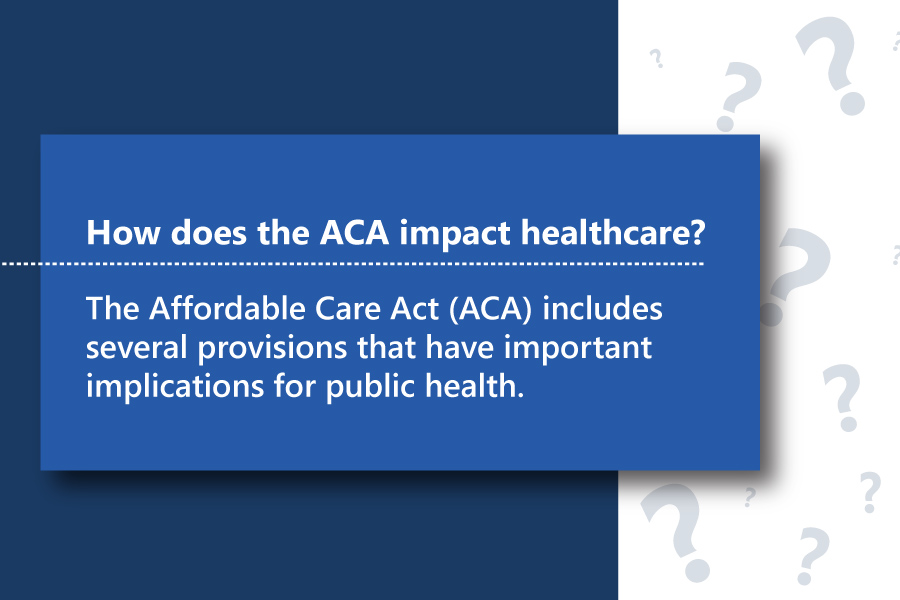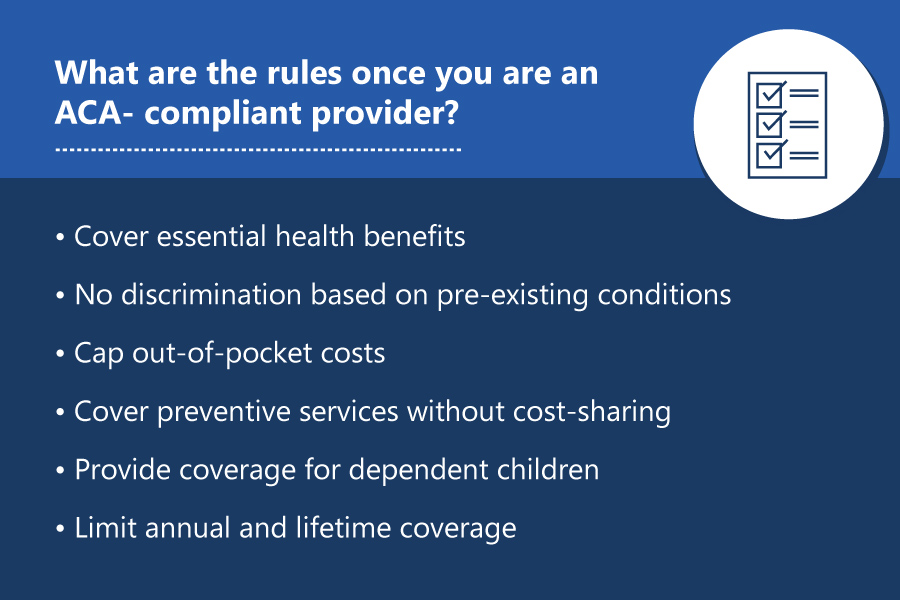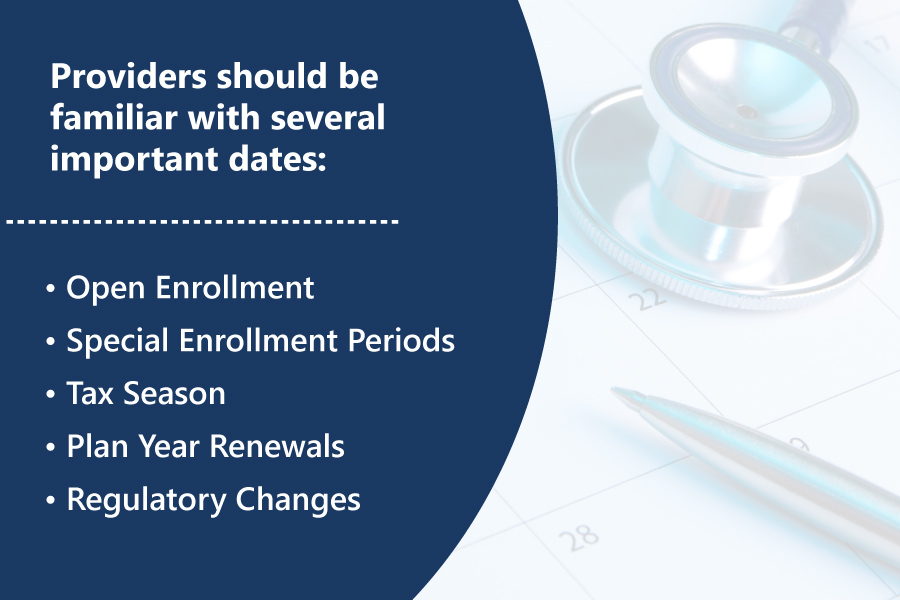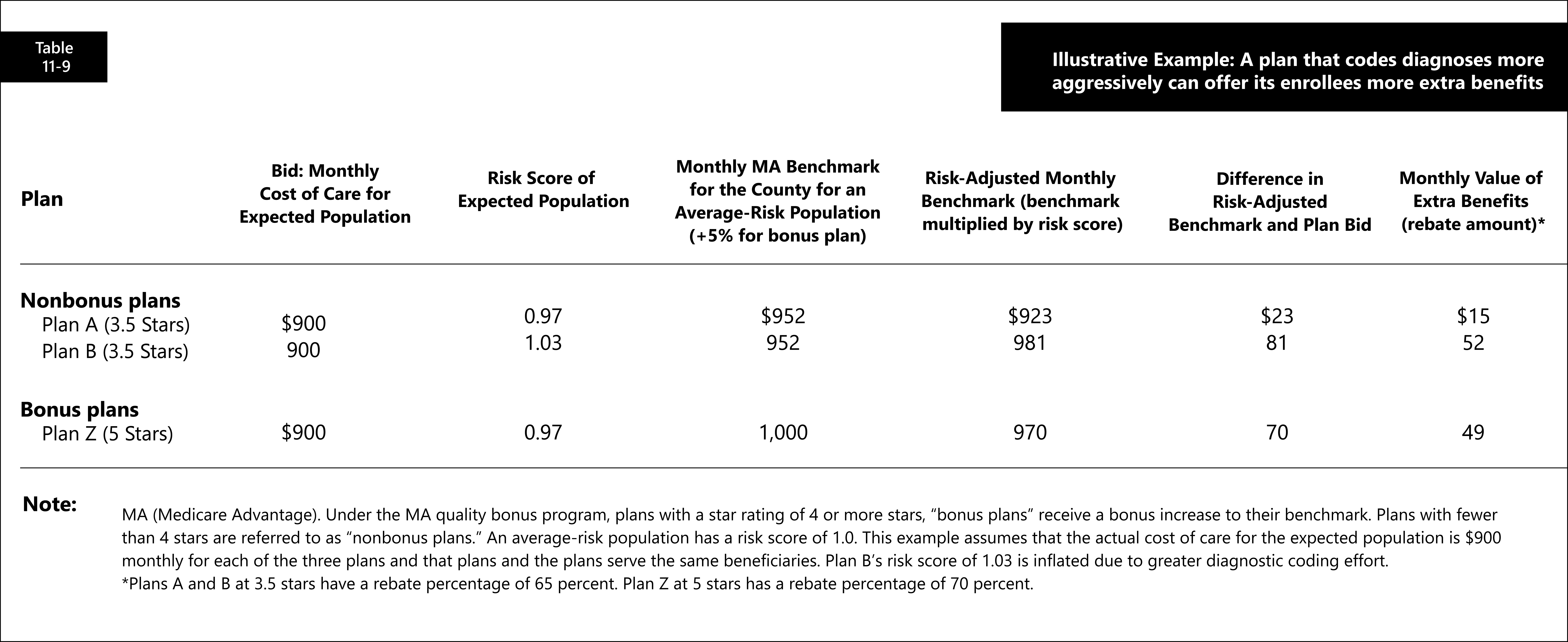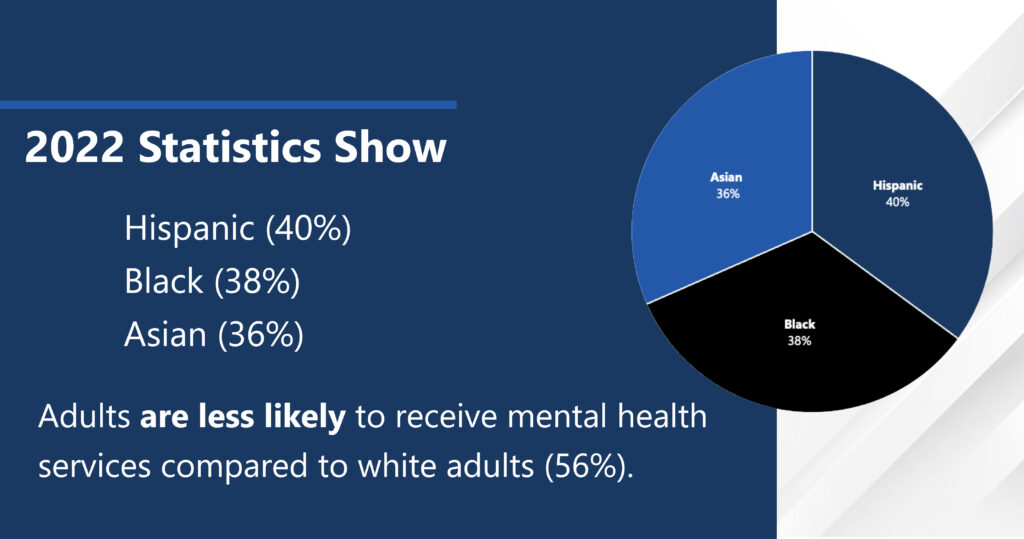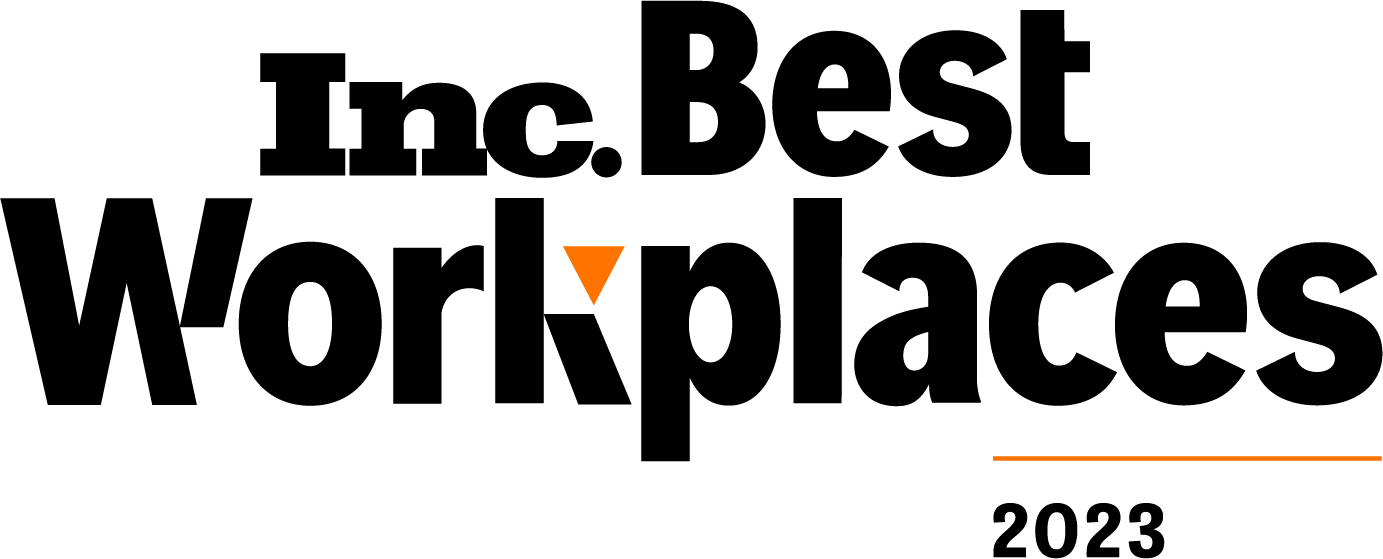Trump’s Presidency 2.0: What Medicaid Rollbacks Mean for the Healthcare Landscape
Donald J. Trump’s return to the White House has already ushered in sweeping discussions about the future of healthcare policy in the United States. Among the administration’s top priorities is a renewed push to reform Medicaid, aiming to curb federal expenditures and reshape the program’s scope. With millions of Americans relying on Medicaid for essential healthcare, these proposed rollbacks carry profound implications for beneficiaries, providers, insurers and state governments.
As the Trump administration begins its second term, understanding the potential changes to Medicaid and preparing for their consequences is crucial for stakeholders across the healthcare system.
Medicaid Rollback Policy Changes
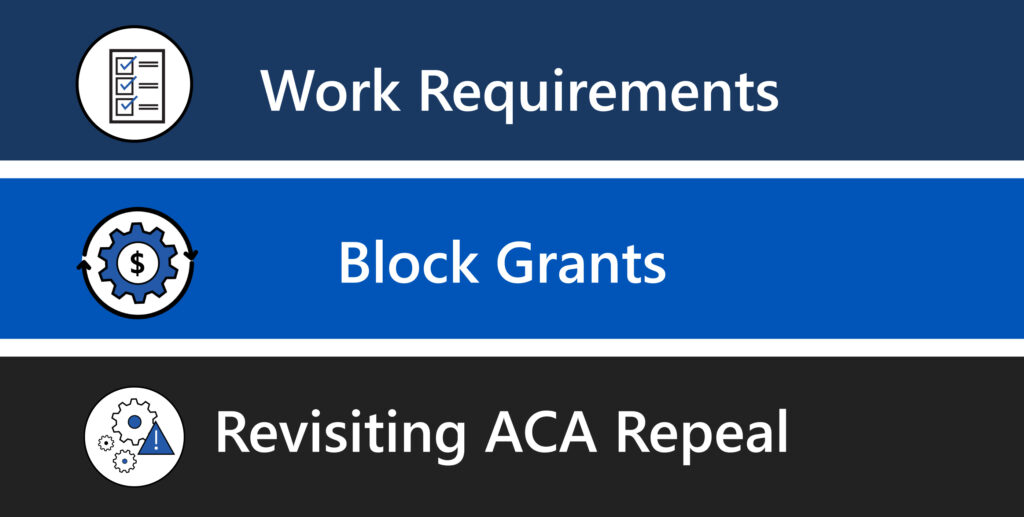
Medicaid Under the Trump Administration: A Second Chapter
Trump’s earlier presidency laid the groundwork for what could come next. Efforts to repeal the Affordable Care Act (ACA) and introduce work requirements showcased the administration’s focus on limiting Medicaid’s reach and increasing state-level control. Key initiatives included:
- Work Requirements: The Trump administration previously encouraged states to implement work or community engagement conditions for Medicaid eligibility. While these measures faced legal challenges and were ultimately overturned in many cases, the administration has signaled plans to reintroduce them.
- Block Grants and Per Capita Caps: The administration continues to support converting Medicaid funding into block grants, giving states fixed allocations instead of the open-ended federal matching system.
- Revisiting ACA Repeal: With Congress now more favorable to Trump’s policies, there is renewed momentum to dismantle ACA provisions, including Medicaid expansion.
These initiatives reflect a fundamental shift in Medicaid’s structure, moving from a broad federal safety net to a more state-driven and restricted program.
What Could Medicaid Rollbacks Look Like?
Under the current administration, we might see several key policy shifts:
- Reduced Federal Contributions: Block grant or per capita cap proposals are likely to resurface, forcing states to shoulder more financial responsibility. This could lead to scaled-back services or reduced coverage for millions.
- Increased Eligibility Barriers: Work requirements, stricter income verifications and time-limited benefits could exclude a significant portion of current Medicaid recipients.
- Erosion of Medicaid Expansion: If ACA repeal efforts succeed, states that expanded Medicaid could see a significant reduction in funding, directly impacting low-income adults who gained coverage under the expansion.
- Broader State Waiver Flexibility: Expanded use of Section 1115 waivers would allow states to experiment with benefit reductions or new eligibility rules, creating further disparities in Medicaid access across the country.
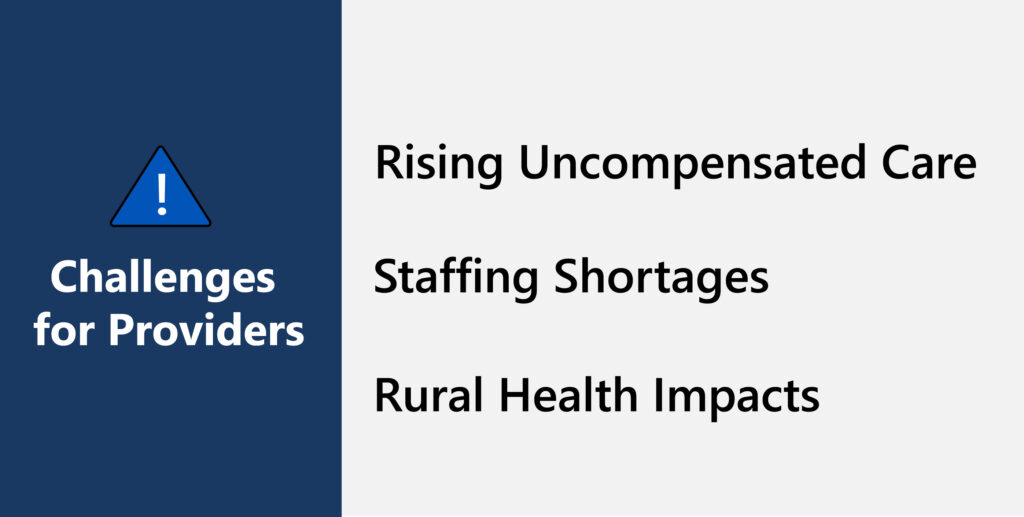
Challenges for Providers
For providers, Medicaid rollbacks could destabilize financial sustainability and disrupt care delivery. Likely challenges include:
- Rising Uncompensated Care: As more individuals lose Medicaid coverage, hospitals and clinics would see an increase in unpaid bills, straining resources.
- Staffing Shortages: Reduced reimbursement rates could force providers to limit services or stop accepting Medicaid patients altogether, worsening provider shortages.
- Impact on Rural Health: Rural hospitals, which rely heavily on Medicaid funding, could face heightened risk of closure, leaving rural communities with limited access to care.
- Shift in Primary Care Utilization: Primary Care providers could see a decrease or inconsistencies in utilization as uninsured or underinsured individuals migrate toward emergency services and other means of care rather than preventative care due to financial restraints.
Insurer Impacts
Medicaid managed care organizations (MCOs) and insurers would also face significant challenges, including:
- Smaller Risk Pools: With reduced enrollment, MCOs may experience decreased revenue and heightened risk exposure as healthier populations leave the system.
- Operational Complexity: Administering programs under new eligibility rules and work requirements could increase administrative burdens and costs.
- Market Volatility: Shrinking Medicaid markets might prompt insurers to scale back their participation, reducing options for states and beneficiaries.
State-Level Consequences
Medicaid rollbacks will place immense pressure on state governments, which share responsibility for funding and administering the program. Impacts could include:
- Budgetary Strain: States may need to find new funding sources—potentially raising taxes or cutting other programs—to compensate for reduced federal support.
- Policy Disparities: Increased reliance on state-level waivers could deepen regional inequities in Medicaid coverage and benefits.
- Political Challenges: States with large Medicaid populations may face intense political backlash if significant cuts or changes are implemented.
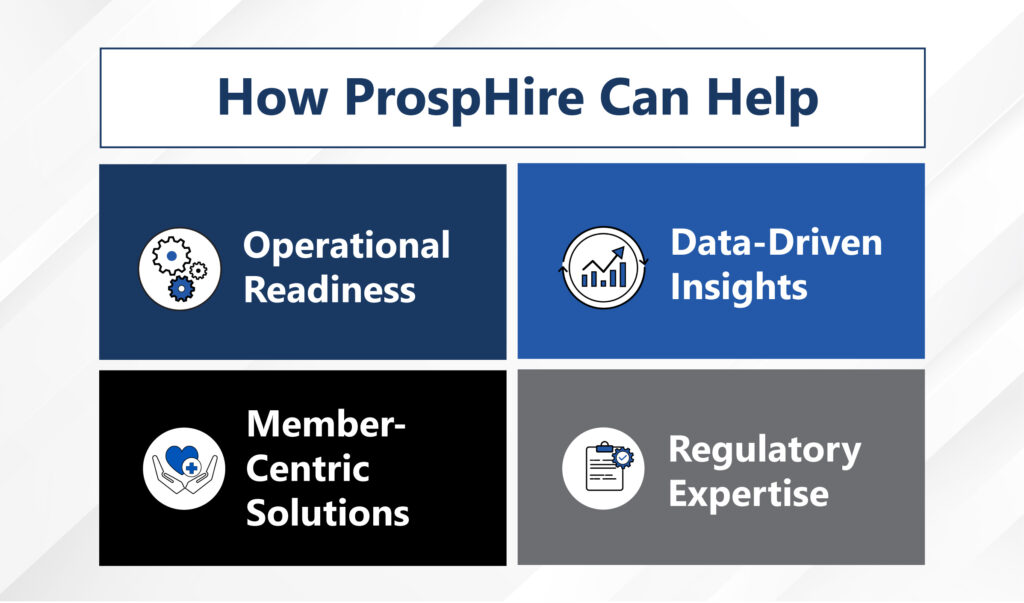
How ProspHire Can Help Clients Navigate Medicaid Rollbacks
In this rapidly shifting environment, ProspHire is uniquely positioned to support clients in adapting to Medicaid reforms. As a healthcare consulting firm with extensive experience in Medicaid program delivery, ProspHire partners with health plans, providers and state agencies to mitigate risks, enhance efficiency and maintain compliance.
ProspHire’s tailored strategies focus on:
- Operational Readiness: Helping clients streamline workflows and optimize processes to manage reduced funding while sustaining quality care.
- Data-Driven Insights: Leveraging analytics to identify cost-saving opportunities, monitor compliance and support decision-making.
- Member-Centric Solutions: Developing approaches to preserve access and improve outcomes for vulnerable populations.
- Regulatory Expertise: Guiding clients through complex policy changes and ensuring readiness for evolving requirements.
With ProspHire’s dedicated expertise, healthcare organizations can adapt to these changes, enabling financial sustainability and member satisfaction despite unprecedented challenges.
The return of the Trump administration marks a critical juncture for Medicaid, as potential rollbacks threaten to reshape one of the nation’s most important safety-net programs. While these changes present significant risks, they also offer an opportunity for healthcare stakeholders to rethink strategies, prioritize efficiency and advocate for sustainable solutions.
Navigating this uncertain landscape requires proactive planning, collaboration and innovation. With the right partnerships and expertise, healthcare organizations can weather these reforms while maintaining their commitment to delivering high-quality care. ProspHire stands ready to lead clients through these challenges, ensuring resilience in the face of transformation.




